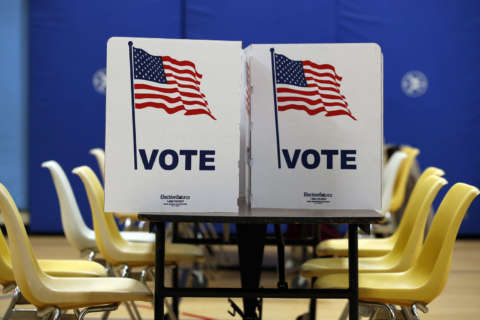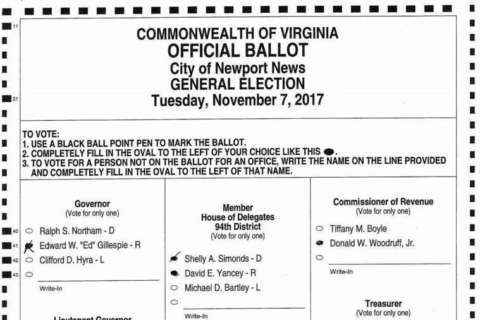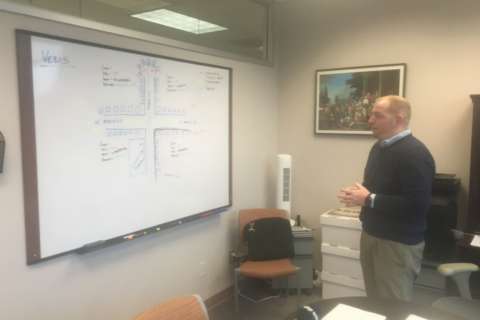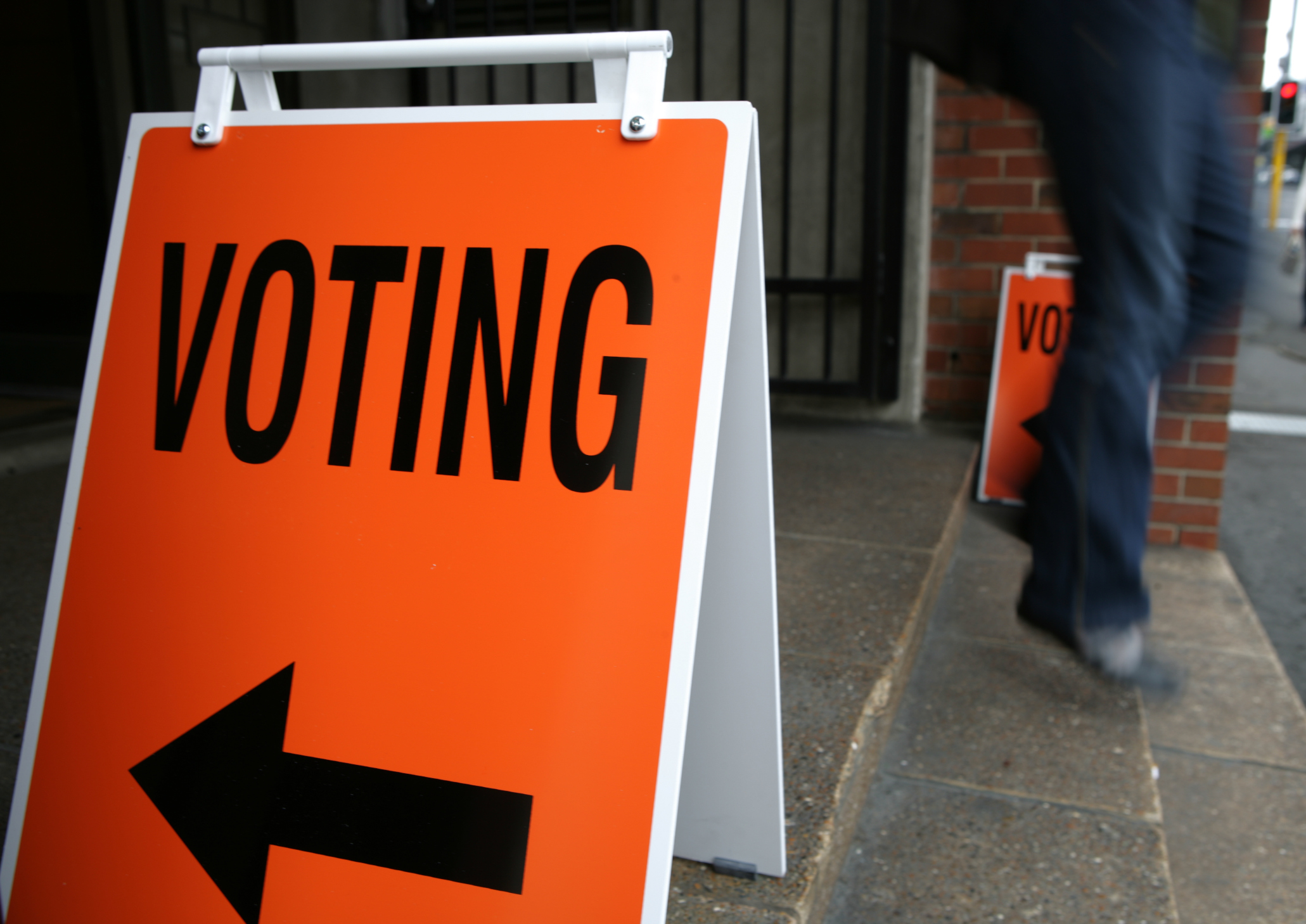
RICHMOND — College students who want to participate in Virginia’s political process have the option of registering to vote at their dorms, but that can create significant problems amid voter registration drives and driver’s license updates.
A student who gets a driver’s license in high school, might automatically be registered to vote at their parents’ address, then fill out a voter registration form during a voter-registration drive at college and believe they are registered there, only to then get a new driver’s license with their parents’ address that could flip the registration back.
With voter registration drives, it is not uncommon to see a registration flip back and forth two or three times in the run-up to an election, several registrars told the State Board of Elections, Friday.
That could lead to a student showing up at the polls in one location, only to find out they are registered hours away at a polling place they will not be able to reach on Election Day. If they cast a provisional ballot at the place they wrongly believe they are registered, it does not count.
“You typically have some confusion … from the students,” Fairfax County General Registrar Cameron Sasnett said.
That’s doubly the case because it is not always clear which updates at the Department of Motor Vehicles trigger a voter registration update to users not paying close attention.
“DMV’s doing a lot of stuff that we have issues with, but that’s one of the many things,” Norfolk General Registrar Stephanie L. Iles said.
Elections Commissioner Chris Piper said his department plans to look at improving training and outreach, including to outside groups that conduct voter registration drives, to better explain that college students in Virginia have the option of registering at their school address or registering at home and getting an absentee ballot.
It is not uncommon for University of Virginia students to end up “unwittingly registered back with mom and dad,” Albemarle County General Registrar Jake Washburne said.
The Department of Elections is reviewing whether residency or other clarifications are needed, as part of a broader look at its regulations.
Many other states also allow students who consider a campus apartment or dorm their principal residence to register to vote at that location, even if it is not a permanent residence.
Sasnett suggested the state provide more guidance on how to handle that, especially with George Mason University now sending images of snail mail electronically to some students rather than delivering it to a mailbox, and only providing one centralized address for all incoming mail to students.
That can create problems for voter registration if legally required documents end up being returned to sender, since it makes people who submitted incomplete applications harder to track down.
“There might be three or four Max Smith’s at a larger school,” Sasnett said.
At George Mason, students also have to navigate the difference between registering in the City of Fairfax or Fairfax County, as they move each year.
“In Virginia, so long as you’re at a college dormitory you have the option of registering there as well, we just ask that when you leave, if you’re not going to stay in Virginia, that you cancel your registration,” Sasnett said.
“Just as you would set up your utilities, you should consider making sure that your voter registration is up to date [when you move],” he said.









